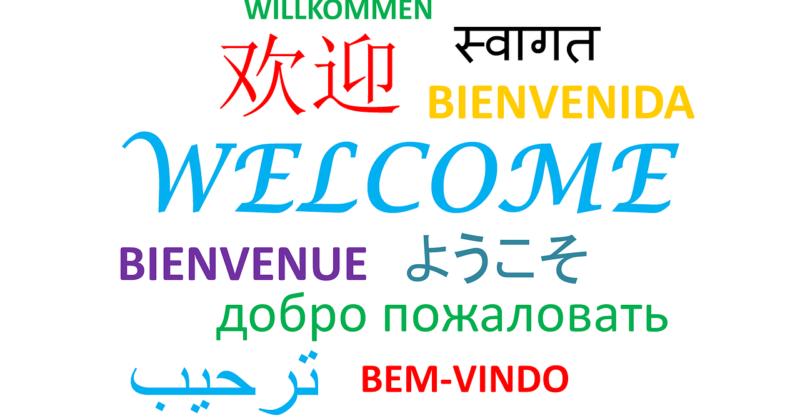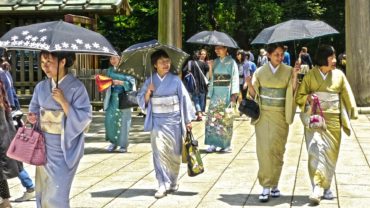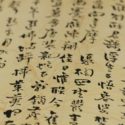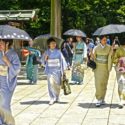9 English Words From Japanese That Have Completely Different Meanings
English has historically adopted so many words from foreign languages.
A word “cafe” is from French.
“Kindergarten” is from German.
English also has many words originally from Japanese.
But some of them are used completely differently from the original meanings today.
In this article, I will introduce you 10 English words that come from Japanese.
Table of Contents
1. Karaoke
Search Results for Karaoke in English
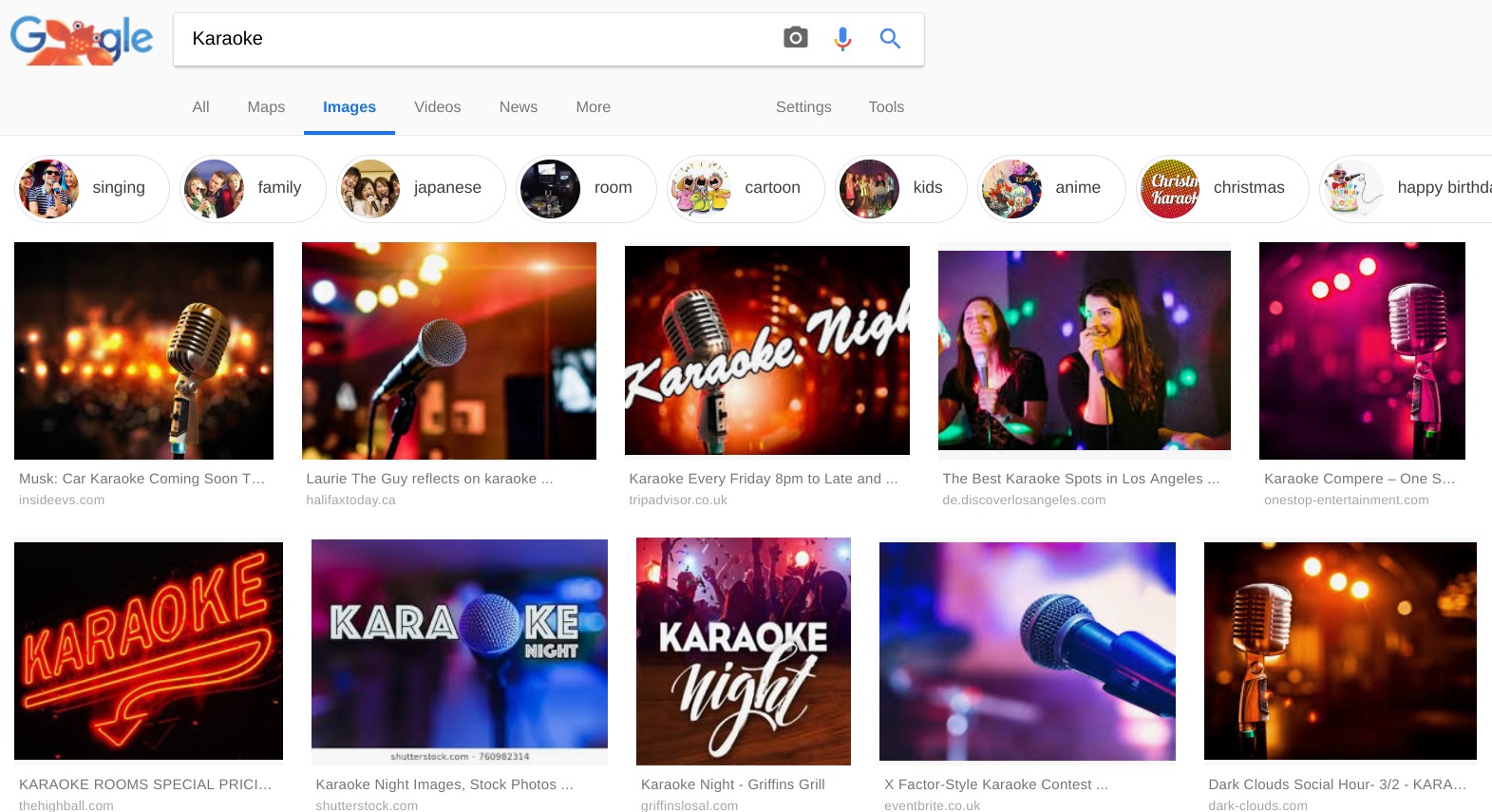
When we say “we went to karaoke last night,” it normally implies they went to a bar or club.
People sing in front of a crowd at a karaoke bar.
However, karaoke in a Japanese way is little bit different.
Search Results for Karaoke in Japanese
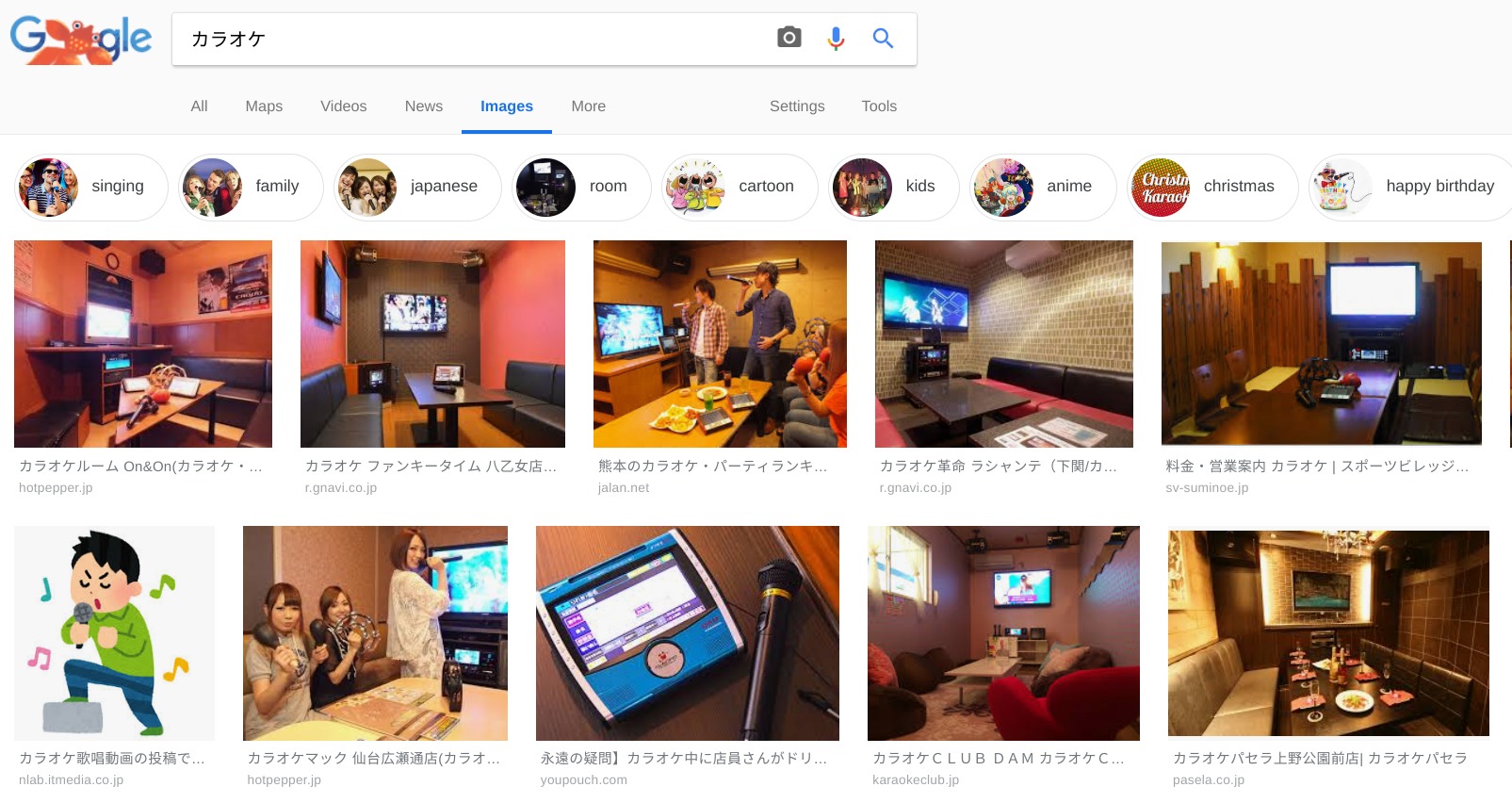
As you can see the search result on Google, karaoke is usually not a club or bar, but it’s more like singing in a private room with a small group of friends.
Some people even go karaoke alone.
2. Hibachi
Search Results for Hibachi in Japanese
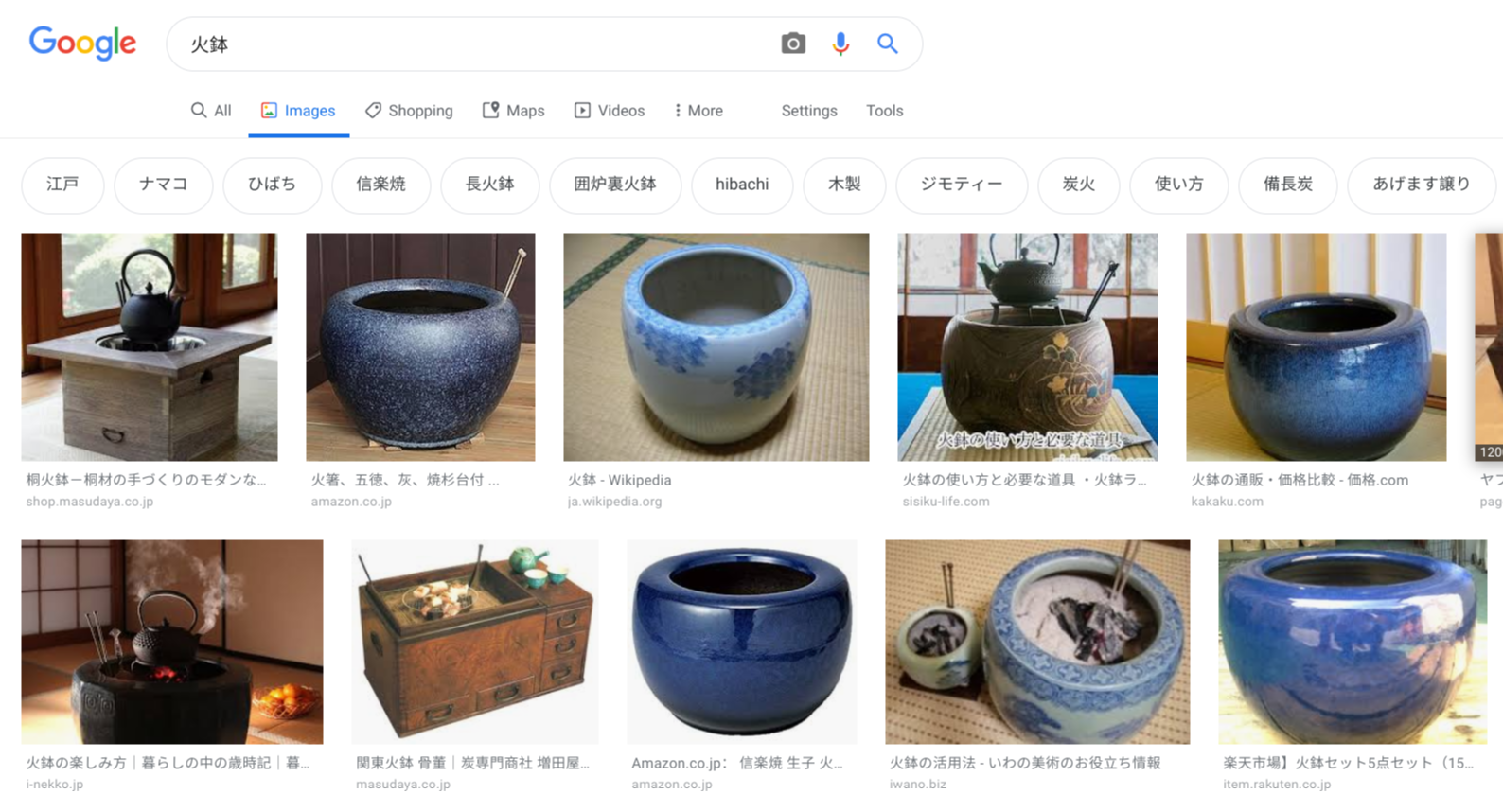
If you live in the U.S., you may know Hibachi grill restaurant.
It’s a franchise buffet restaurant that provides services throughout the U.S.
Thanks to the restaurant, Hibachi sometimes refers to a small cooking stove heated by charcoal or simply a grill.
But as you can see the search results above, Hibachi is just a container and nothing really related to food in Japan.
3. Sensei
Search Results for Sensei in Japanese
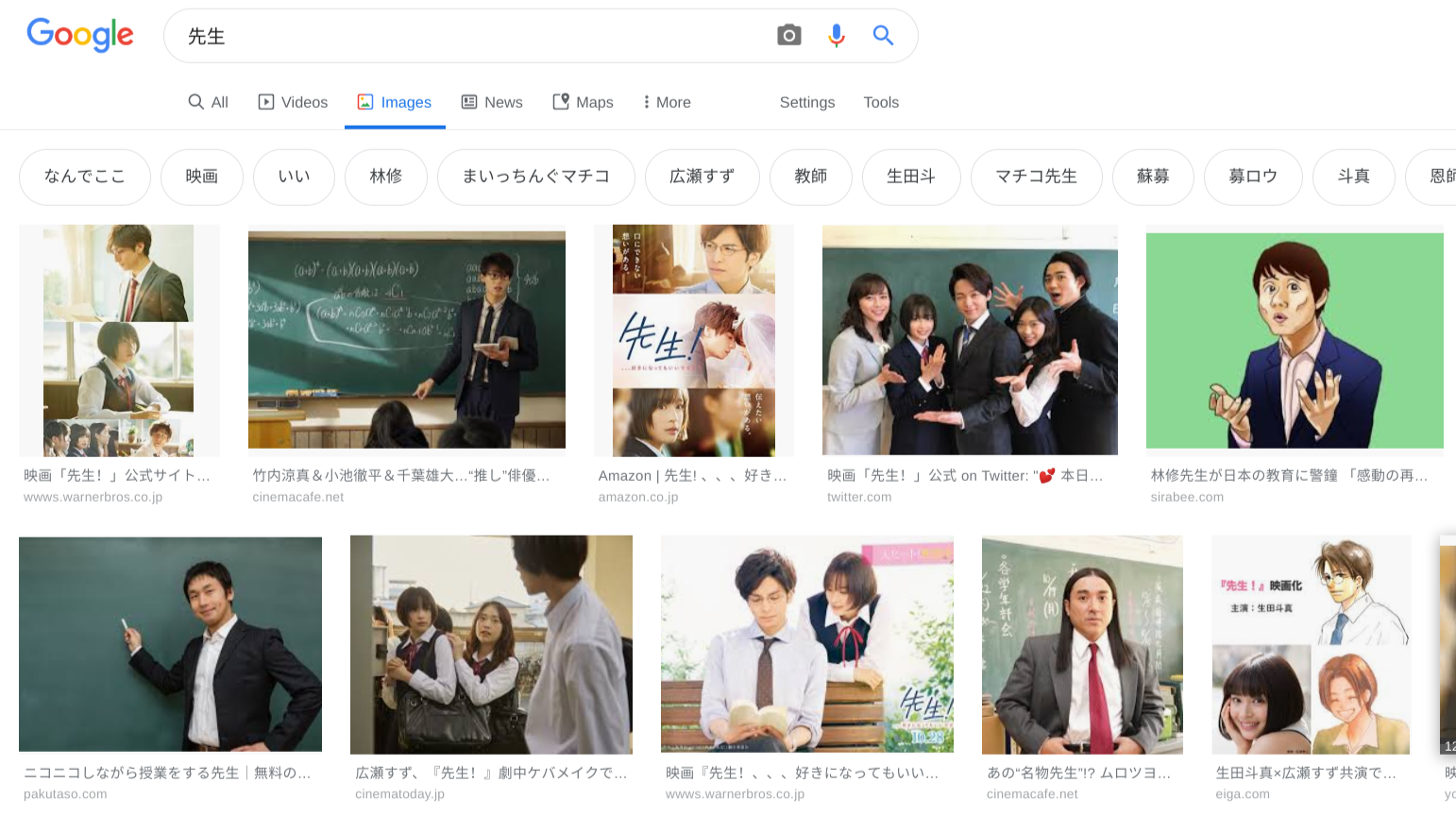
In Japanese, the term “sensei” simply means a teacher.
However, it often refers to a master of martial arts when it’s used in English.
4. Futon
Search Results for Futon in English

Search Results for Futon in Japanese
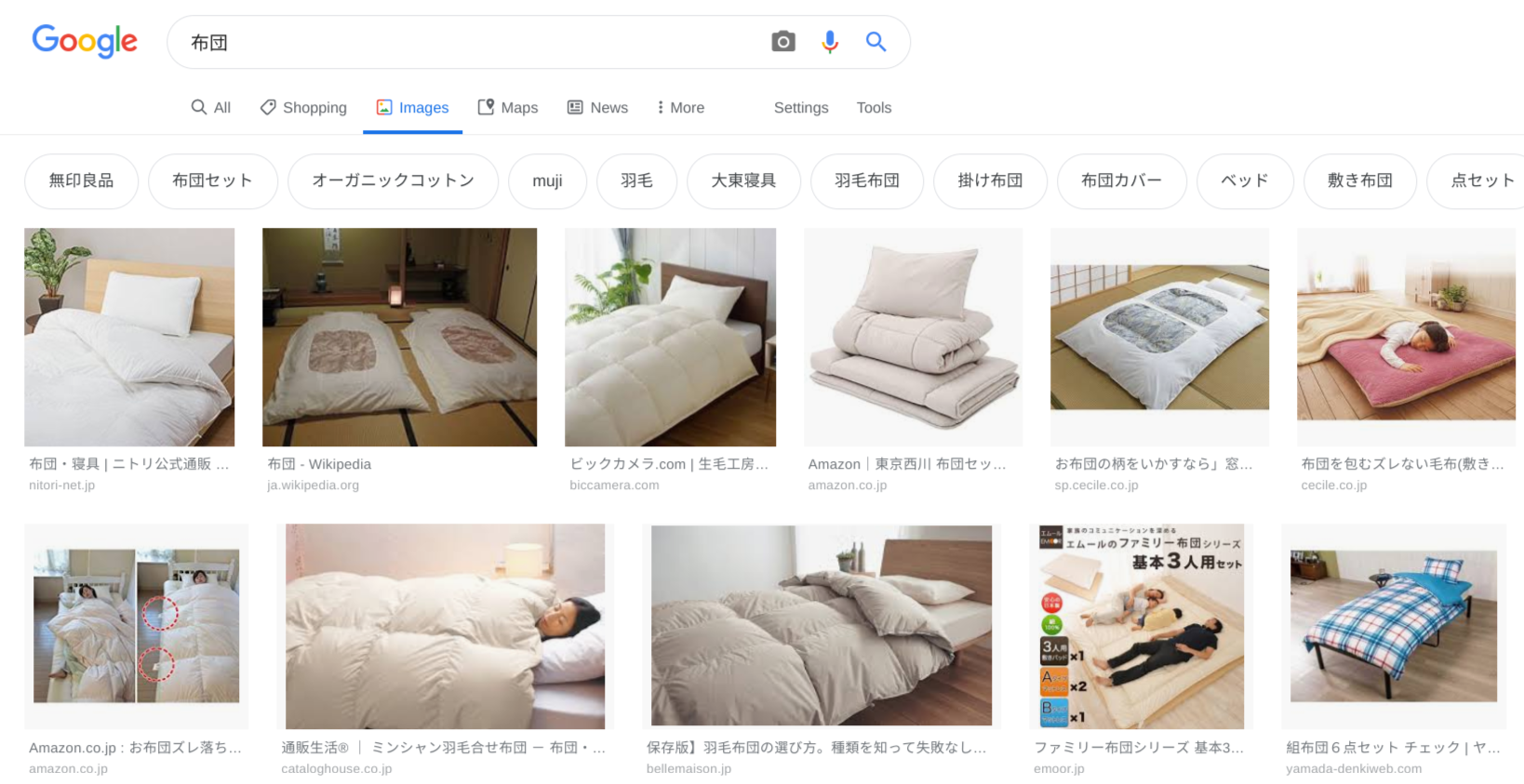
While it is defined as a type of mattress or sometimes as a sofa bed in English, futon in Japanese is a set of bedding to sleep on the floor.
5. Tycoon
Search Results for Tycoon in English
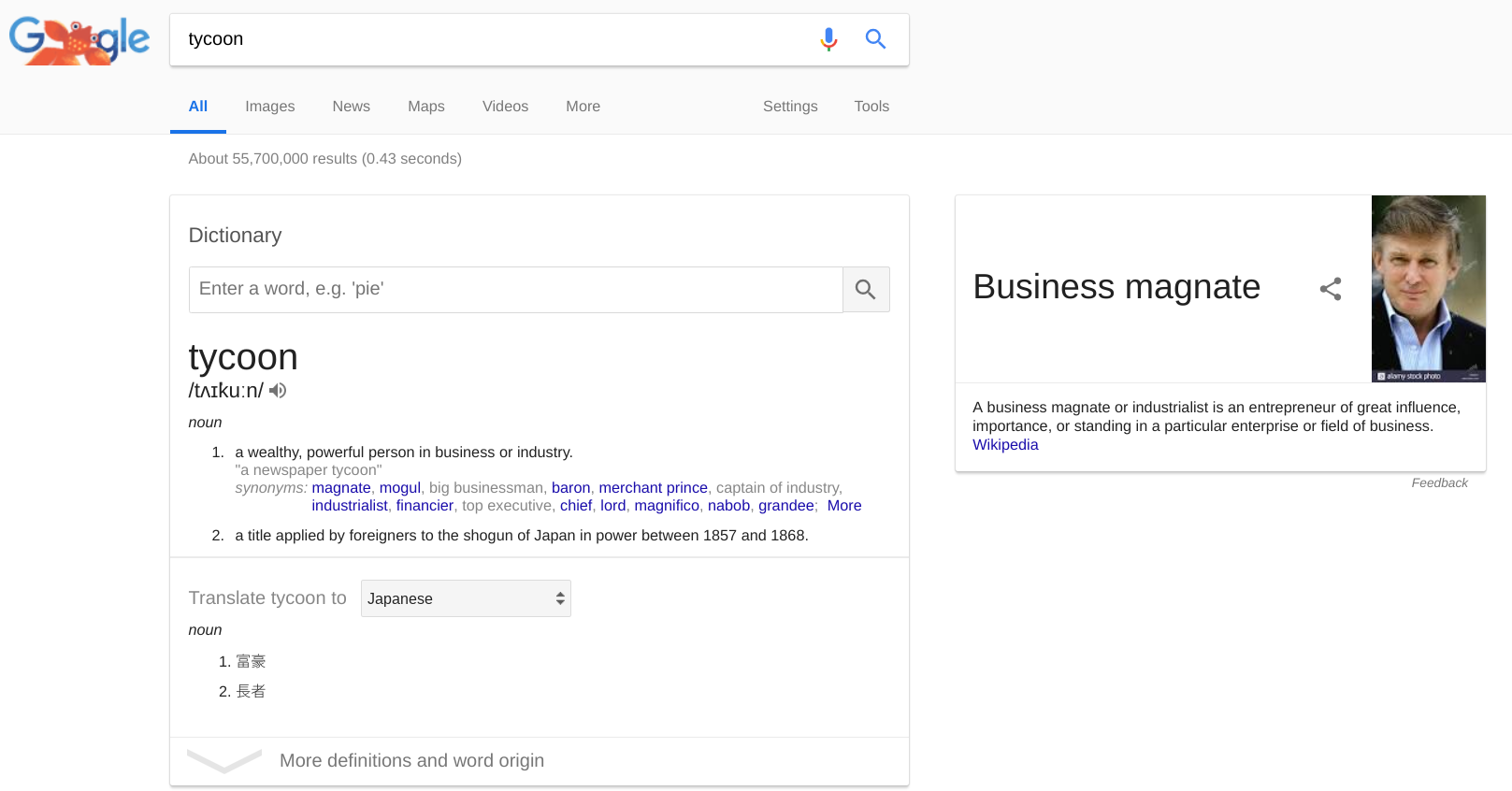
I’m not sure why it shows a picture of President Trump as a tycoon…
But anyway, as it is defined, it often refers to a powerful person in business in English.
It originally means an emperor or shogun in Japanese.
6. Kamikaze
It is a name of Japanese military units during WWII.
Kamikaze literally means “divine wind” in Japanese and is suicidal attacks by Japanese air crafts loaded with explosives.
In English, it sometimes means simply a suicide or any reckless act by someone.
The word is not used in Japan anymore, except for when you refer to the military operation.
7. Anime
In English, Anime is simply Japanese animation, but English cartoons.
However, when Japanese people say “anime”, it means any type of animation including English cartoons as well as Japanese anime.
8. Kawaii
Search Results for Kawaii in English on YouTube
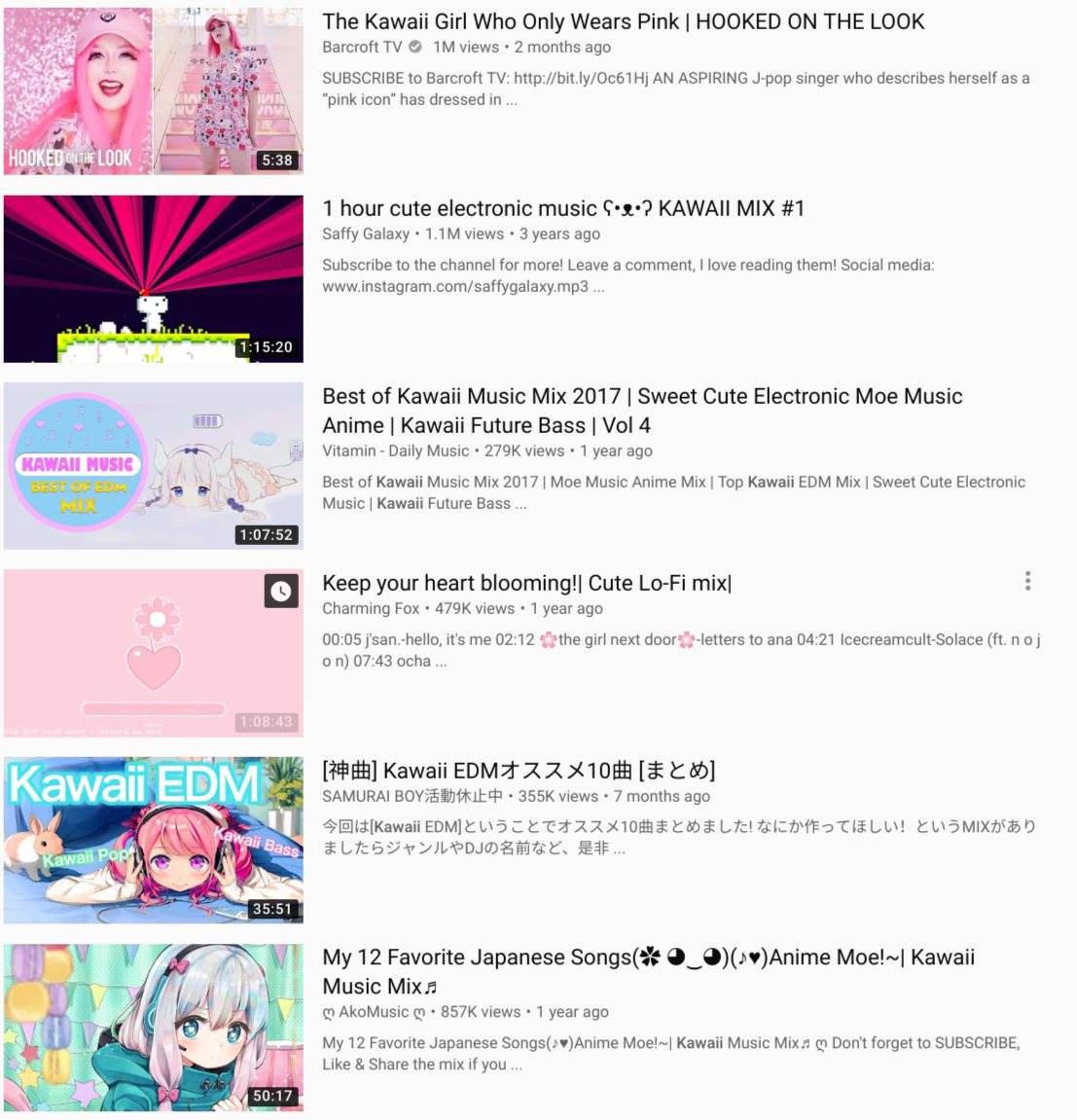
In Japanese, kawaii is an adjective for cute or adorable.
When “kawaii” is used in English, it’s often overused, specifically describing anime characters, any pink objects, or tiny living things.
I mean, the usage is not necessarily incorrect, but little bit extra.
9. Hentai
I don’t really want to describe this term and what it means in English, but “Hentai” simply means a pervert in Japanese.
I’m not sure when and how English speakers started referring to Anime pornography as Hentai, but it just has very different meanings in Japanese and English.
